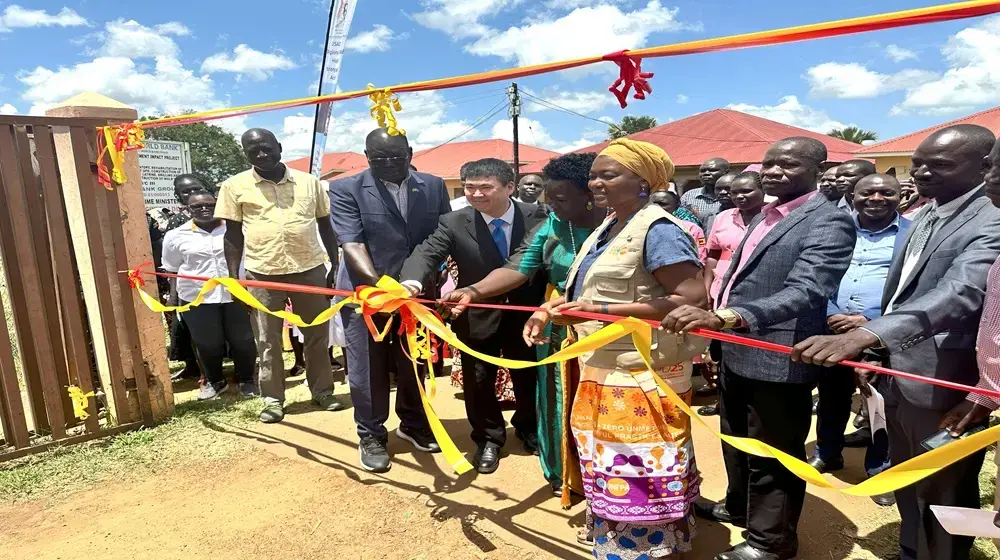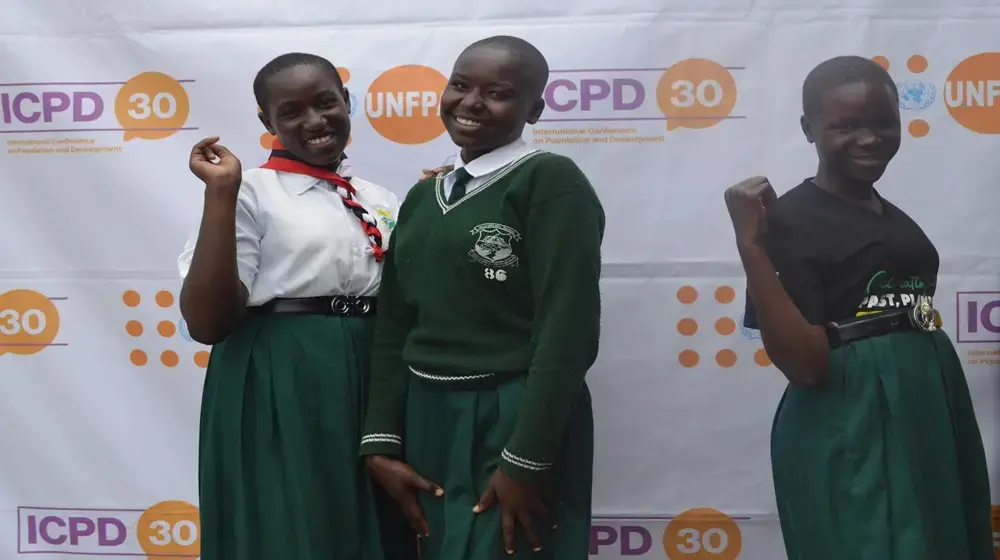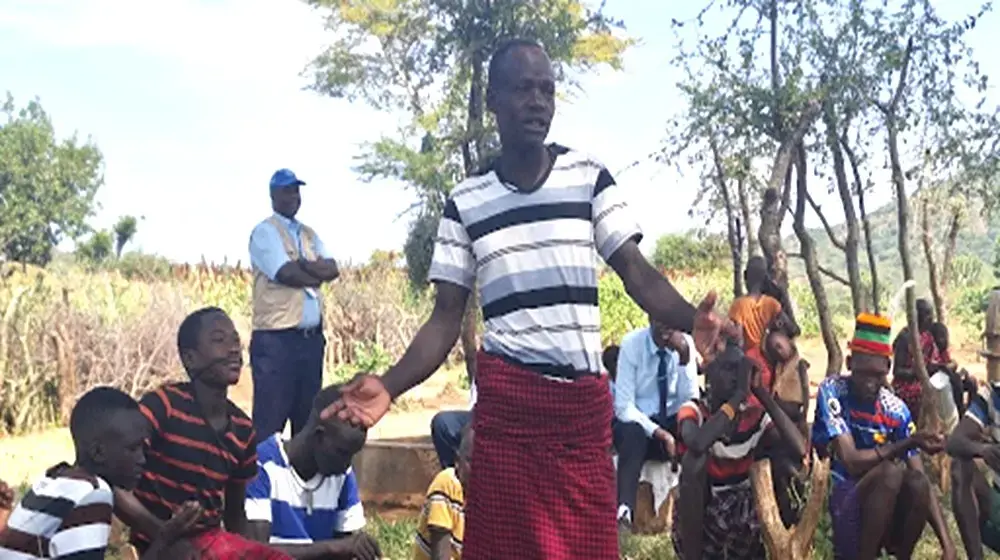HOIMA: As part of the interventions to improve sexual and reproductive health and rights in emergencies, the UN population Fund in partnership with the Ministry of Health has organized a two-week long workshop on Minimum Initial Services Package (MISP) for Reproductive Health and Clinical Management of Rape (CMR) in Humanitarian settings.
With support from UNFPA East and South Africa Regional Office (ESARO), capacity of 33 participants will be built as national Trainers of Trainers (TOTs) who will then build the capacity of health workers at all levels to provide timely and quality health care to survivors of sexual violence and implement the minimum initial service package for reproductive health.
“In times of crisis, it is more important than ever to protect reproductive health especially of women and girls whose vulnerability to unwanted pregnancy, sexually transmitted infection and HIV, hazardous pregnancies and sexual violence and exploitation increases in emergencies.
“At UNFPA we are leaving no one behind and this targeted support to women and girls is one of the best ways to ensure the reproductive health, security and well-being of families of both refugees and host communities,” said Mr Alain Sibenaler, UNFPA Representative.
This training follows a recent survey that indicated that Uganda has few national trainers for MISP and CMR for Reproductive Health which ultimately affects the provision of quality health services in humanitarian settings.
Participants are from the Ministry of Health, Ministry Of Education, UN agencies UNFPA and UNHCR, Implementing partners MTI, LWF, Care International, AHA, IRC, ACORD, Makerere University, Nursing training schools and the refugee hosting districts of Arua and Yumbe.
“This training will make it effective for service providers in humanitarian settings to ably address issues of reproductive health and gender based violence prevention and response in emergencies. It is also about reducing the risks associated with maternal and infant mortality,” said lead facilitator Dr Jonathan Ndzi, Humanitarian Specialist, UNFPA ESARO.
He said maternal mortality is unacceptable anywhere in the world, and that building the capacity of service providers and training the trainers with minimum service packages is the most effective and affordable way to ensure reproductive health in emergencies.
“UNFPA will continue to support the government of Uganda to achieve the transformative targets of zero tolerance to gender based violence, and harmful practices as well as preventable maternal and newborn deaths,” Sibenaler said.
Uganda has received an unprecedented influx of refugees from South Sudan, DR Congo and Burundi and as February 2018, Uganda hosted over 1.4 million refugees, the majority of whom are women and young people who are vulnerable to sexual and gender based violence. Putting this into context, there is need to equip health workers and stakeholders with the necessary knowledge, skills and competences to effectively respond to sexual and gender based violence and reproductive health issues in emergencies.
-Written by Evelyn Matsamura Kiapi





